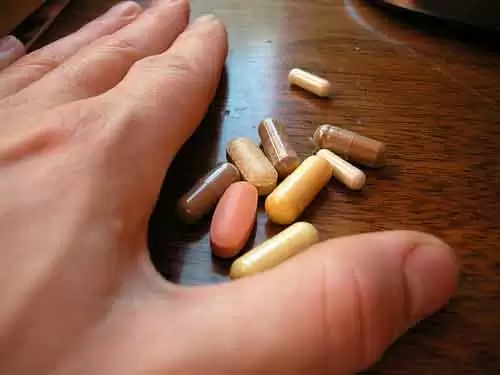Celiac.com 06/23/2009 - Fibroblasts are one of the most important components in inflammation and tissue remodeling process, and are thought to be involved in the pathogenesis of autoimmune disorders such as celiac disease.
Attempts to better understand the role played by fibroblasts in celiac diseases have been hampered by the absence of specific models.
Celiac.com Sponsor (A12):
A team of researchers recently set out to isolate and culture primary fibroblasts from endoscopic duodenal biopsies of celiac and non-celiac subjects, and to analyze their growth patterns and any morphometric characteristics.
The research team obtained 60 tissue samples via duodenal biopsy from 20 celiac patients and 114 samples from 38 non-celiac subjects. The team then mechanically chopped and enzymatically digested in order to obtain primary cell cultures.
Using cultured cells, the researchers charted growth patterns, karyotype (Q-banding analysis), expression of typing proteins (fibroblast surface protein and cytokeratin 20) and morphometric parameters (diameters and their ratio, perimeter, area and perimeter/area ratio at computerised image analysis)
They were able to successfully culture primary cells in 78% of the collected duodenal biopsies. Cultured cells, expressing the fibroblast surface protein, tested negative for cytokeratine 20 and maintained a normal kariotype. Cells grew slowly with no differences between the celiac and the non-celiac group. Morphometric analysis of celiac fibroblasts showed substantially increased size, with a preserved diameters ratio, and a reduced perimeter/area ratio.
For the first time, researchers have shown the feasibility of culturing primary fibroblast cells from endoscopic duodenal biopsies in celiac and non-celiac subjects.
This ability shows promise for enhancing studies intended to establish the role of fibroblasts as a possible partaker in the pathogenesis of the celiac mucosal damage.
Source: Open Original Shared Link






Recommended Comments
There are no comments to display.